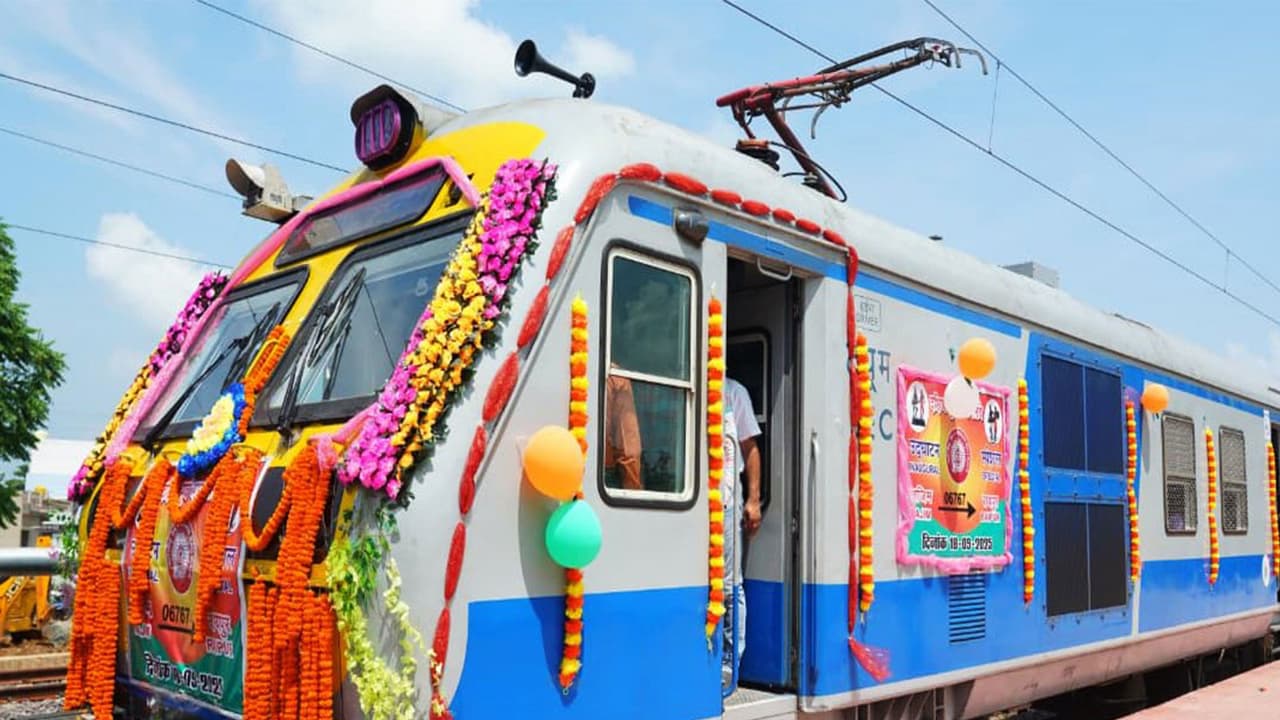CCEA has approved two rail projects worth ₹2,781 crore in Maharashtra and Gujarat. This will connect 224 km of new lines, which will increase capacity and improve connectivity. Dwarka and Mumbai corridor will benefit from these projects.
New Delhi : The Cabinet Committee on Economic Affairs (CCEA) chaired by Prime Minister Narendra Modi has approved two multi-tracking projects of the Railway Ministry. These projects will cover four districts of Maharashtra and Gujarat. According to an official press release issued by CCEA, these projects will cost about Rs 2,781 crore and will add about 224 km of new lines to the existing railway network.
The first project involves doubling of the Devbhoomi Dwarka (Okha)-Kanlus line, which is 141 km long. Whereas, in the second project, the third and fourth lines will be constructed in a 32 km stretch between Badlapur and Karjat in Maharashtra. Both projects aim to increase line capacity, improve mobility and provide more reliable and efficient rail services.
The focus of these projects, created under the PM Gati Shakti National Master Plan, is to strengthen multi-modal connectivity and improve logistics efficiency through better planning. After their completion, movement of people, goods and services on the Western Railway Corridor will become even easier. These two multi-tracking projects will benefit about 585 villages, whose total population is about 32 lakh. In particular, doubling of the Kanalus-Okha line will make it easier to reach Dwarkadhish Temple, one of the major pilgrimage centers of India, thereby boosting connectivity and development in the Saurashtra region.
In Maharashtra, the Badlapur-Karjat section is an important part of the Mumbai Suburban Corridor. The addition of two more lines will help in reducing congestion, meeting future passenger demand and improving connectivity with the southern parts of the country. This section is also very important for freight transportation, from where essential commodities like coal, salt, cement, petroleum products and containers are transported.
The Railway Ministry said that through these capacity-enhancing works, about 18 million tonnes of additional freight will be transported every year. Railways is an energy-efficient and environment-friendly means of transportation. Railways expects that this project will reduce oil imports by about 3 crore liters and reduce carbon dioxide emissions by 16 crore kilograms, which is equivalent to planting about 64 lakh trees.
